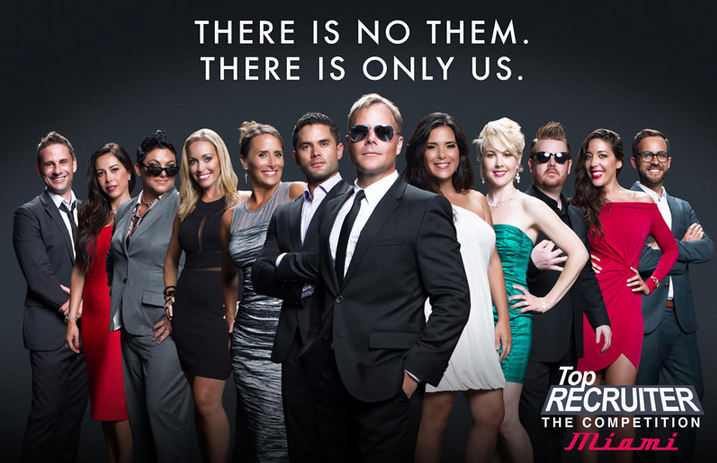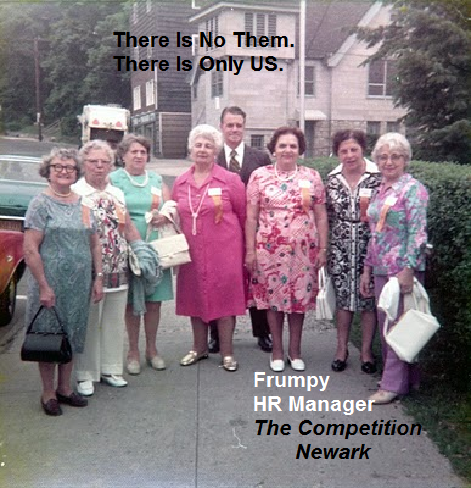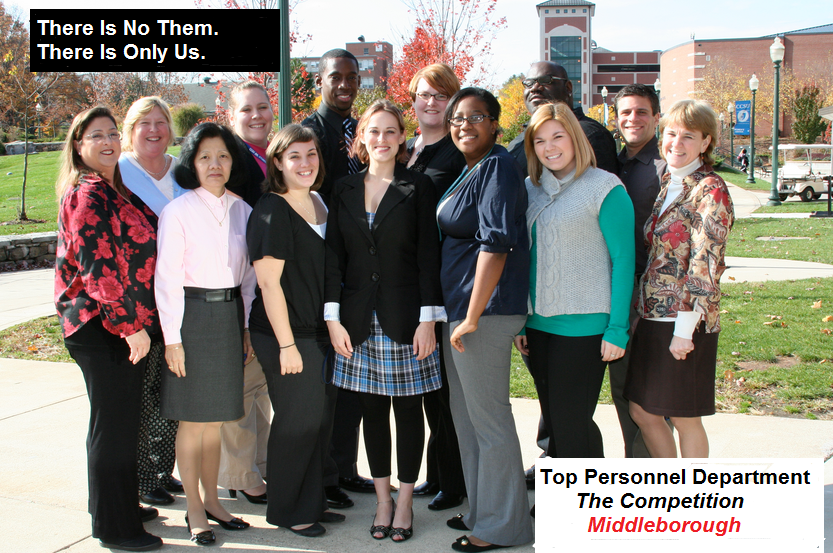It’s fast becoming that time of year when you’ll be invited to office holiday parties across the world! This is one of my favorite times of the year. Let’s face it, I’m married and 40sih, the office holiday parties are one of the few times a year I have a get out of jail free card. “What!? You want to do shots? Well, I shouldn’t, but I want to be a ‘team’ player. You know me!” My wife mildly puts up with me, for one night, so I can act like one of those millennials who works with me. Usually, I’m yawning at 11pm, and wondering what I’m missing on the local news.
The HRU holiday parties are awesome. Basically, because I’m in charge of two things: 1. Ordering the food and 2. Paying the bar tab. Which means we have plenty of variety of great things to eat, and we have an open bar. The ‘kids’ like an open bar. It always goes over well. I don’t have any rules. I used to be one of those ‘bosses’ that was like, “you better show up”, which led to about 2 or 3 people being at the party that didn’t want to be. But I’ve matured, and now I’m like “don’t come if you don’t want to have fun!”
I do think some HR Pros need rules for their employees, and as usual I’m here to help you. So, here are Sackett’s Office Holiday Party Rules:
Rule No. 1 – If you drink too much and throw up at your office holiday party, never go back to work at that job. Ever!
Rule No. 2 – If you bring a date that looks like a stripper, you’ll be forever known as the employee who brought a stripper to the office holiday party. Dress appropriately, strippers.
Rule No. 3 – There are these things called Smartphones which take pictures. Always remember this, or you’ll be reminded of it the next morning on Facebook.
Rule No. 4 – If you have a date that is anti-social, you might want to rethink that plan. No one wants to deal with ‘creepy’ at an office holiday party.
Rule No. 5 – It’s okay to dance at your office holiday party. It is not okay to dance alone at your office holiday party.
Rule No. 6 – You don’t have to ask if your employer will let you expense a cab or Uber ride home. They will, 100% of the time. Be safe.
Rule No. 7 – Don’t flirt with your office crush at the office holiday party. You have 364 days a year you can do that and not look completely desperate.
Rule No. 8 – Getting your boss drunk, and making an idiot of her, isn’t funny, it’s career limiting. Be a good ‘wing-person’.
Rule No. 9 – Don’t get all religious at an office holiday party. Yes, I’m sure, Jesus is the reason for the season, but not the office holiday party season. Jesus isn’t into that season.
Rule No. 10 – Don’t talk work. Talk cars, or sports, or kids, or video games, or movies, or books, anything but work. Get to know your co-workers as people.
I’m different than most HR Pros in that I actually like holiday parties, and company picnics, and every other time we can get together as an organization that isn’t work. We spend more time with our co-workers than our families, on a normal week. Our co-workers become our close friends and extended family. It’s wonderful to break bread with them and just have fun. Learn who they are outside of work, and meet others in their life that our special to them.
So, go have fun. Don’t be stupid. An order something expensive that you normally wouldn’t do when you’re paying the bill!



